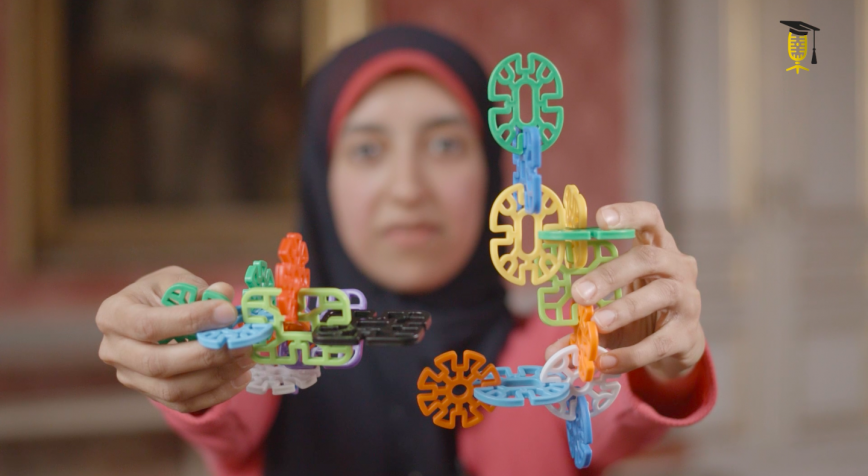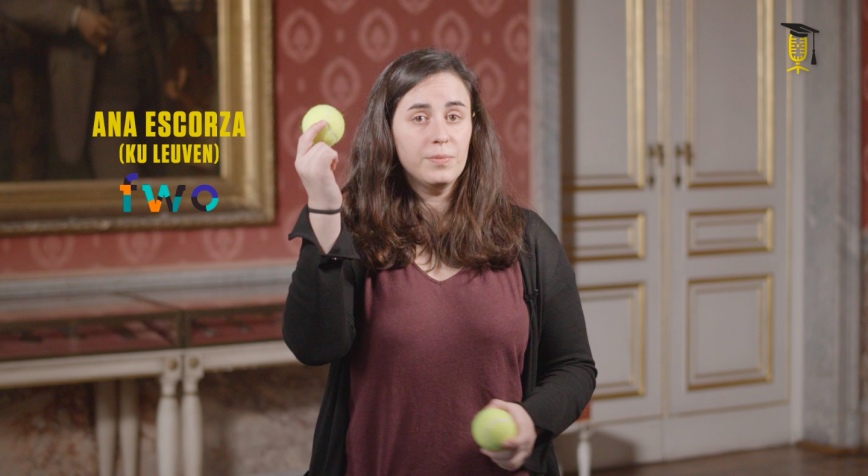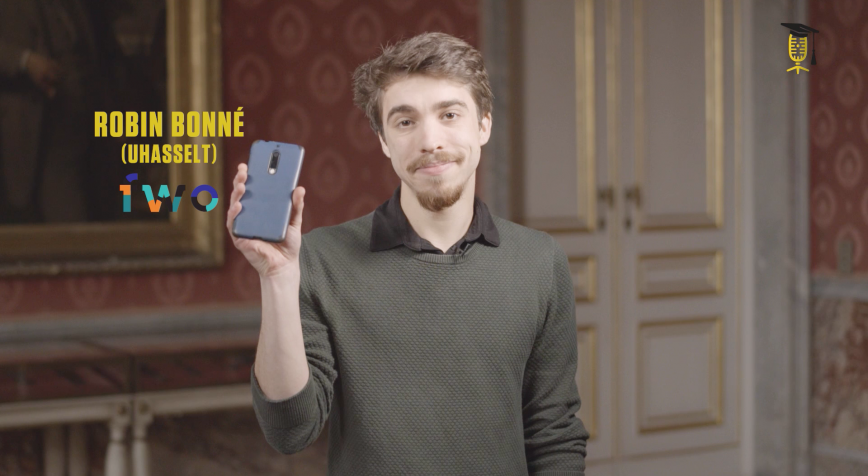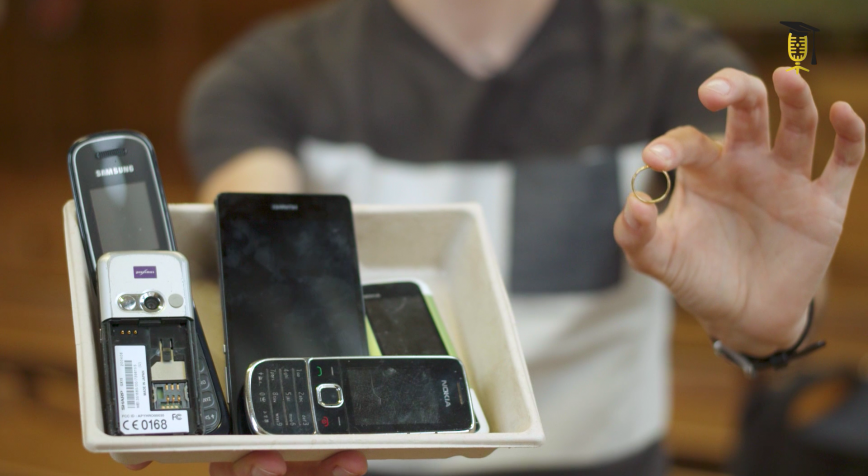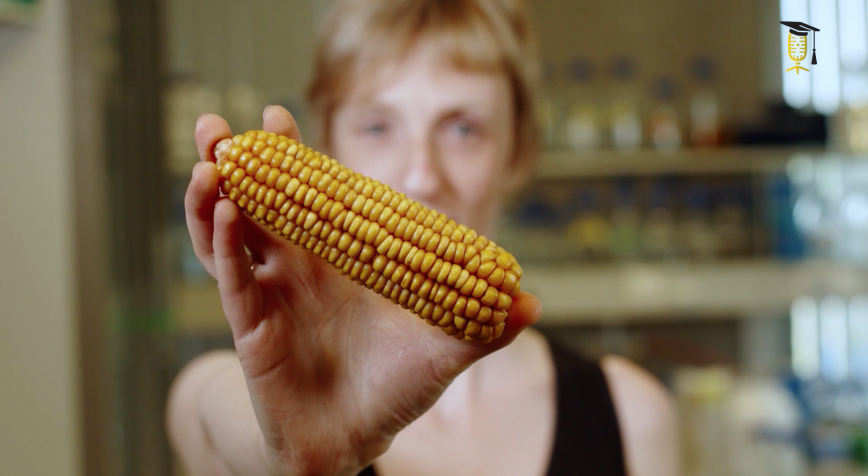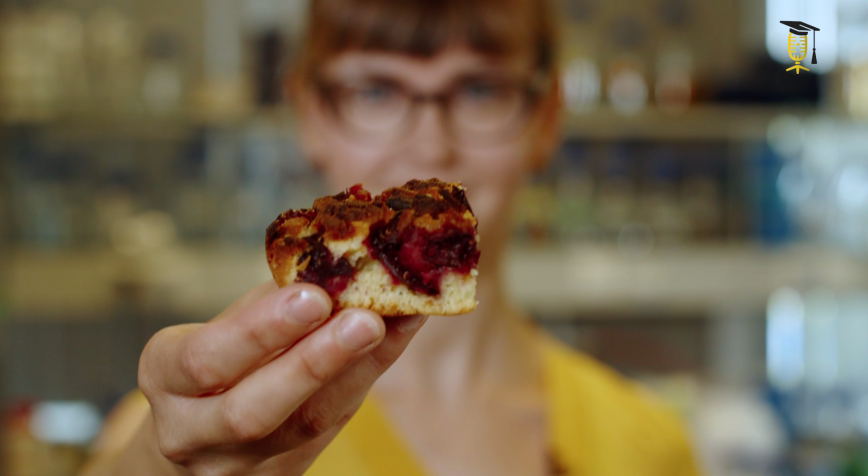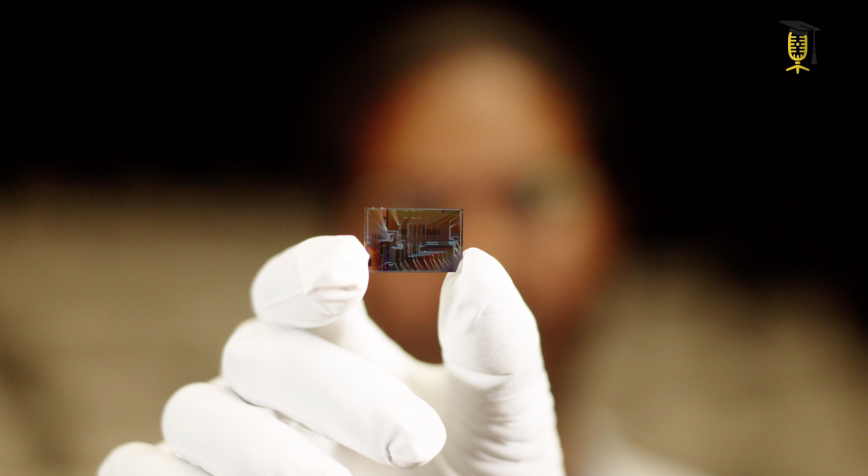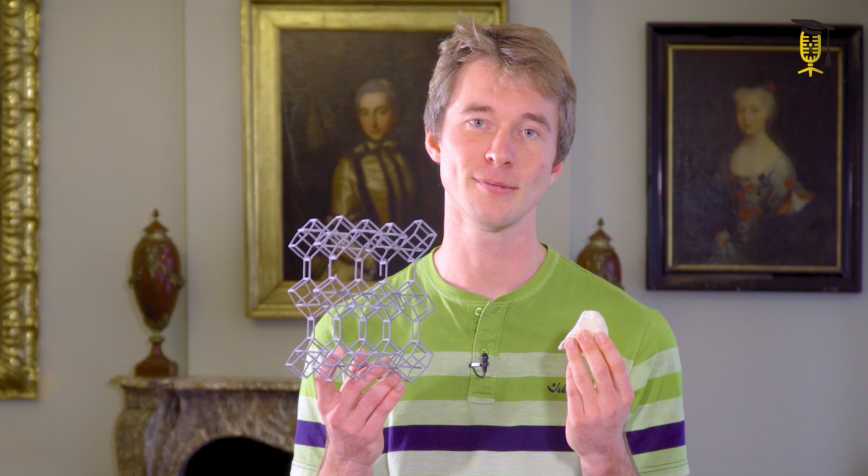
FWO
KU Leuven
Beating enzymes at chemical catalysis
To make the production of plastics and other chemical processes less energy-intensive and waste-producing, Max Bols turns to nature. Enzymes, the catalysts of living cells, hold the key to improve chemical processes, as he explains in this video.


